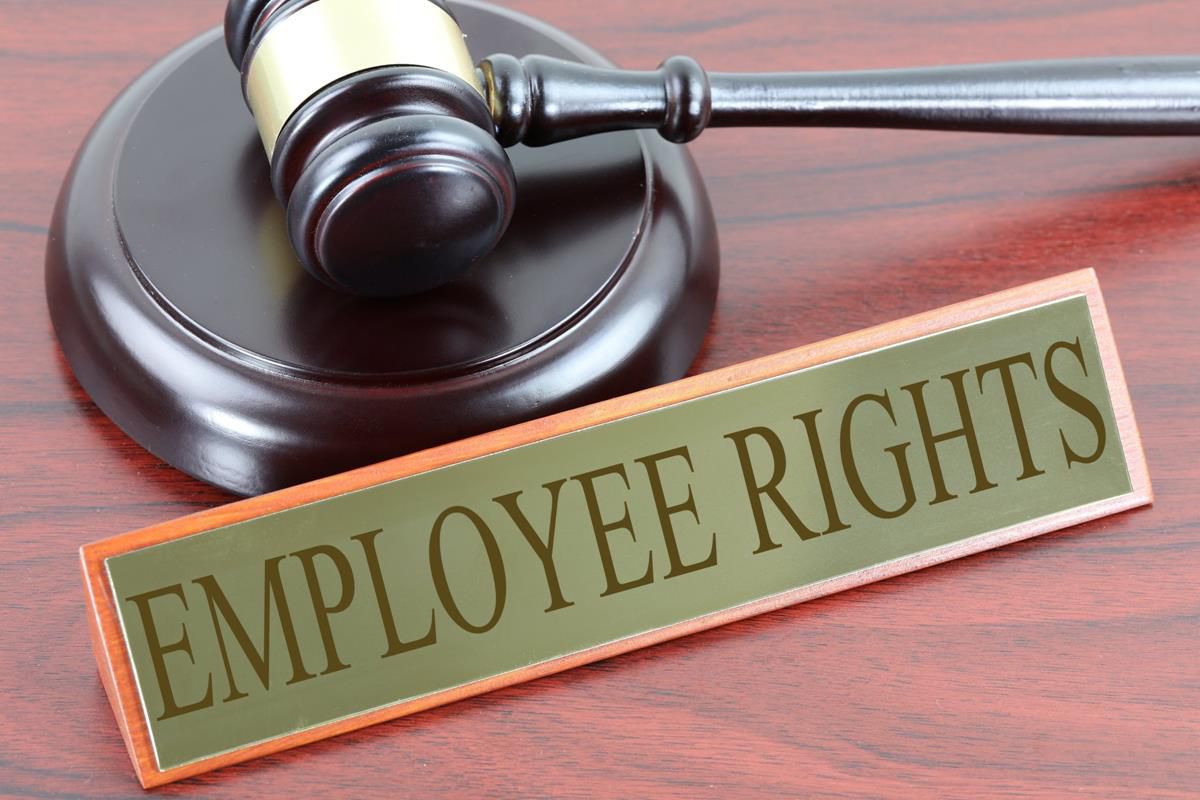Decoding Legal Jargon: When to Seek Expert Help for Everyday Legal Challenges

Navigating the legal system can be a daunting task for many individuals. Legal jargon often creates confusion, making it challenging to understand when and how to seek professional help. This article aims to demystify common legal terms and provide guidance on when to consult with experts for everyday legal challenges.
Understanding Legal Terminology
Legal terminology can seem like a foreign language to those unfamiliar with it. Terms such as “plaintiff,” “defendant,” “liability,” and “tort” are frequently used in legal contexts but can be opaque to laypeople. This lack of clarity often leaves individuals unsure about their rights and the appropriate course of action in various situations.
For instance, “liability” refers to the legal responsibility for one’s actions or omissions. If someone is liable for damages, it means they are legally obligated to compensate the injured party. Understanding these terms is crucial for making informed decisions and effectively addressing legal issues.
When to Consult a Personal Injury Lawyer
One common area where individuals often need legal assistance is in personal injury cases. Personal injury law deals with situations where a person has been harmed due to another party’s negligence or intentional actions. Examples include car accidents, slip-and-fall incidents, and medical malpractice.
Personal Injury Lawyer
A personal injury lawyer specializes in representing clients who have been injured as a result of someone else’s negligence. They are experts in negotiating settlements, representing clients in court, and ensuring that their clients receive fair compensation for their injuries.
Here are scenarios when you should consider consulting a personal injury lawyer:
- Complex Cases: If your injury involves complex medical issues or multiple parties, a personal injury lawyer can help navigate these complexities and build a strong case.
- Insurance Disputes: When dealing with insurance companies, having a lawyer can be invaluable. They can negotiate on your behalf to ensure you receive a fair settlement and handle any disputes that arise.
- Significant Injuries: For severe or long-term injuries that affect your quality of life or ability to work, a personal injury lawyer can help you pursue compensation for medical expenses, lost wages, and pain and suffering.
The Importance of Workman’s Comp
Another critical area of legal assistance is workman’s compensation, often referred to as “workman’s comp.” This legal framework provides benefits to employees who are injured on the job or who develop work-related illnesses. Workman’s compensation typically covers medical expenses, rehabilitation costs, and a portion of lost wages.
Workman’s Comp
Navigating the workman’s compensation system can be challenging due to its specific regulations and requirements. Here are situations when seeking expert help is advisable:
- Denial of Claims: If your claim for workmans comp benefits has been denied, consulting with a lawyer who specializes in this area can help you understand the reasons for the denial and assist in appealing the decision.
- Disputes Over Benefits: Disagreements with your employer or insurance company about the extent of your injury or the benefits you are entitled to can be resolved more effectively with legal representation.
- Complex Cases: If your injury involves multiple parties or if you are facing difficulties in proving that the injury is work-related, a lawyer can provide guidance and support to ensure you receive the benefits you deserve.
Conclusion
Decoding legal jargon and understanding when to seek expert help can significantly impact the outcome of your legal challenges. Whether dealing with personal injury or navigating the workman’s compensation system, professional legal assistance is crucial for protecting your rights and achieving favorable results.
In complex legal matters, such as personal injury cases or workman’s compensation disputes, the expertise of a lawyer can provide clarity, negotiate on your behalf, and ensure that you receive fair treatment and compensation. By recognizing the signs that professional help is needed, you can make informed decisions and effectively address your legal issues with confidence.



